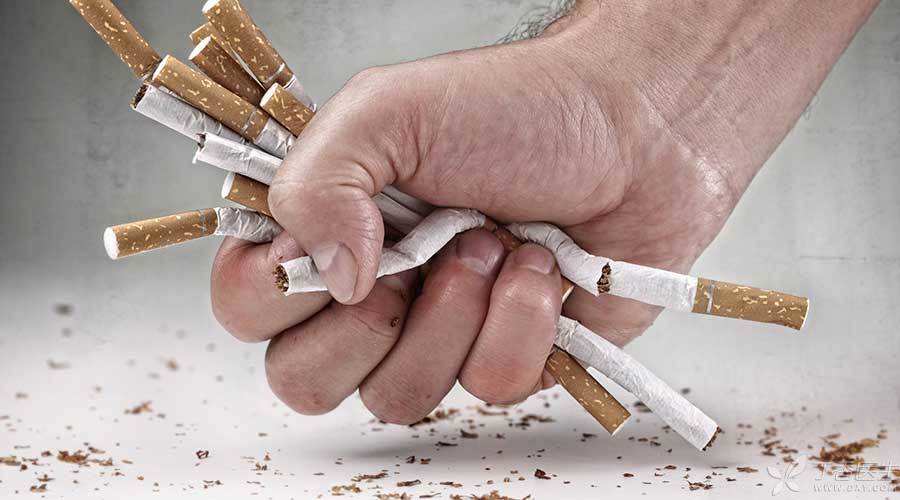
Smoking is harmful to health. This sentence has been mentioned for many years. It seems that more and more people are numb and don’t care. They just regard it as a slogan that doesn’t hurt.
However, in the doctor’s view, the phrase “smoking is harmful to health” is piled up by fresh and real cases one by one, especially in the face of patients who are about to undergo surgery, smoking all the year round means more complicated and difficult situations.
For example, it increases the risk of anesthesia, increases the incidence of various complications before and after surgery, causes the increase of blood pressure during and after surgery, increases the risk of pneumonia, increases the incidence of angina pectoris, affects the healing of surgical incision, and affects the postoperative rehabilitation of patients.
What is the effect of smoking on surgery?
High surgical risk
Among smokers, the risk of cardiovascular and respiratory complications during surgery is 2-5 times that of non-smokers, such as cardiac arrest, myocardial infarction, cerebral infarction, etc.
At the beginning of general anesthesia, patients are more prone to cough, bronchospasm, dyspnea, etc., increasing the complexity of anesthesia, which is also a big test for anesthesiologists.
More pain after operation
Patients who smoke for a long time have poor tolerance to pain and need more analgesic drugs during postoperative recovery.
There are related research reports: short-term smoking cessation before operation can reduce the dosage of analgesic intravenous analgesia on the first day after operation, and the longer the smoking cessation time, the less the dosage.
Slower postoperative recovery
Smoking causes the body to be in a state of hypoxia for a long time. Over time, blood vessels will become pathological, narrow and hardened. The impact of these changes on the body may not be detected at ordinary times.
However, after the operation, these changes are very intuitive. These lesions of blood vessels will lead to reduced blood supply to the wound, no way to obtain sufficient nutrition, difficult wound healing and slow recovery.
At the same time, the incidence of many wound complications such as wound infection and surgical site dehiscence has also increased significantly, and even there are cases of serious complications caused by excessive smoking, resulting in surgical failure such as cardiovascular and gastrointestinal anastomosis.
Prolonged postoperative recovery time increases hospitalization days, and the treatment cost of postoperative complications will be a big expense for patients.
How long is it good to quit smoking before surgery?
Of course, the sooner the better. No matter how old you are or how old you are, the risk of surgery will be reduced after quitting smoking. For example:
- After quitting smoking for 2 weeks, the dosage of postoperative analgesic drugs was close to that of non-smoking patients. Quitting smoking for 3 weeks or more can significantly improve wound healing. Studies have shown that it is ideal to quit smoking for 6 ~ 12 weeks before operation (with no ceiling on the top), and the longer the time, the better. Among cancer patients, quitting smoking can even prolong the survival time of patients.
There are also some [adverse] reactions in the early stage of quitting smoking: increased phlegm volume, anxiety and excitement in the mood, and weight gain in some people. This can also be alleviated through some methods. If you stick to non-smoking, these reactions will slowly disappear.
Although it is said that quitting smoking for 6-12 weeks before surgery is the most ideal, many people do not know that they may need surgery when they are in what, and most of the surgery simply cannot wait to quit smoking and needs to be done urgently.
Therefore, for the sake of your health, give up smoking now!
